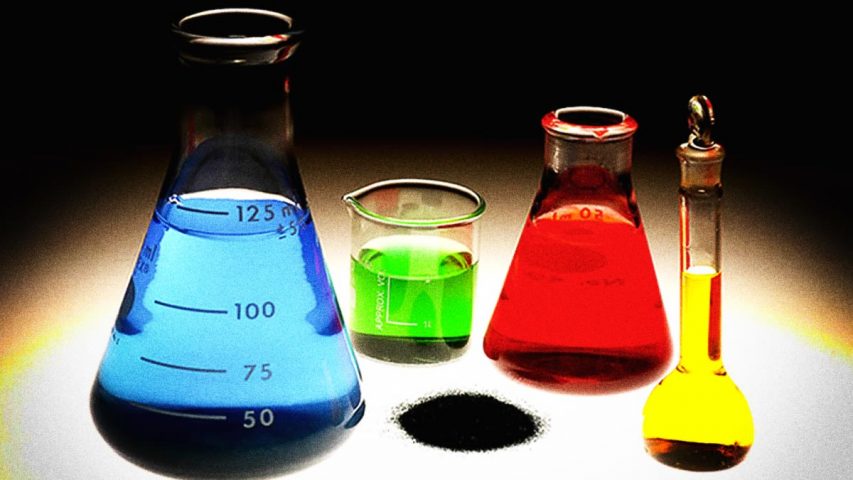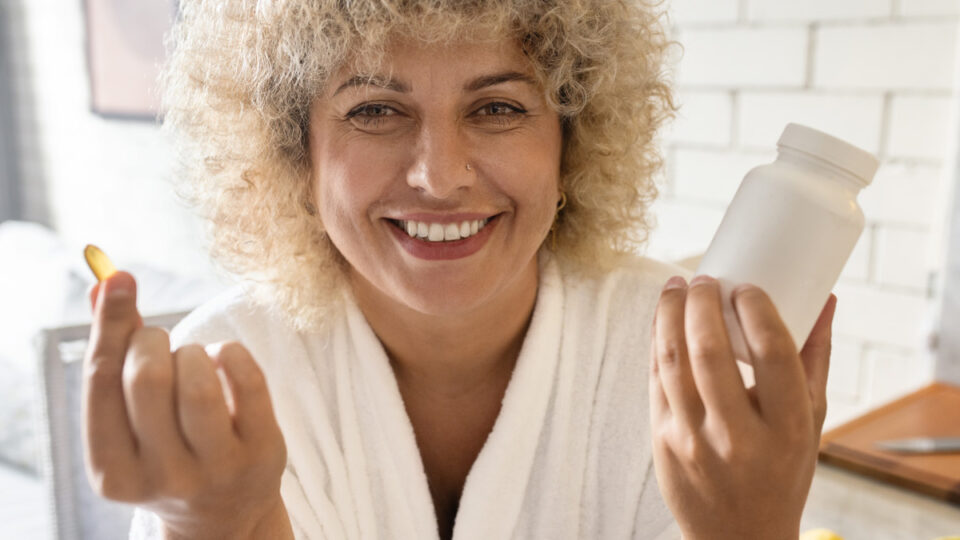- Have any questions? Contact us!
- info@dr-rath-foundation.org

New study shows vitamin D supplements can slow down or reverse the development of prostate cancer
March 27, 2015
Greece demands payment of €279 billion by Germany for Nazi-era crimes
April 9, 2015Research from Denmark confirms dangers of chemical cocktails in foods

Important new research from Denmark has shown how the health effects of chemicals in our food supply may be significantly more harmful than originally believed. Recognizing that chemicals are consumed not individually but in cocktails, the assessment was carried out by the National Food Institute at the Technical University of Denmark and demonstrated that even small doses of substances such as pesticides and polychlorinated biphenyls (PCBs) can amplify each other’s negative effects when present in combinations. This finding essentially confirms concerns that we ourselves first raised years ago.
To the clear benefit of their manufacturers, the traditional approach to the risk assessment of chemicals in foods has only taken the effects of each individual compound into account. Even at the global regulatory level, the reality is that no substantive consideration has been given by the Codex Alimentarius Commission to the fact that pesticides, artificial food additives and other synthetic chemicals are consumed not in isolation, but in tandem with each other. The cumulative long-term effect that the ingestion of multiple chemicals has been having on the health of consumers has thus been largely ignored.
Revealingly, therefore, many of the chemicals present in our food supply are being produced by some of the very same pharmaceutical and chemical companies that want to ban safe non-patentable vitamin supplements and force GM foods onto our dinner plates. And, as is similarly the case with pharmaceutical drugs and GM seeds, the key reason why many of these chemicals exist is because they can be patented – and patents equal higher profits.
It is thus not difficult to imagine that the widespread proliferation of chemicals in foods may potentially be seen by manufacturers as having a dual financial benefit, in that it simultaneously increases the sales of patented drugs used to treat the diseases caused by their consumption. In this respect, a glance down the list of full members of the UK Chemical Industries Association, the organisation that represents chemical and pharmaceutical companies in the UK, illustrates just how closely these two industries, and their biotech and petrochemical counterparts, are related.
In the preventive healthcare system of the future, as envisaged by Dr. Rath in the Barletta Declaration, the fruits and vegetables we plant and eat will be organically grown and free of pesticides and GMOs. Accompanied by clean air and water, they will be grown naturally in our gardens, on cultivated land within our communities and on the fields of our farms. But as Dr. Rath points out, this quantum leap forward for mankind will not come by itself – we need to organize it! By creating a home vegetable garden, learning about composting and natural, sustainable approaches to growing food, not only can you save money and protect your health, you can also contribute towards creating a world in which Free Food and a healthy environment become a reality for us all.



